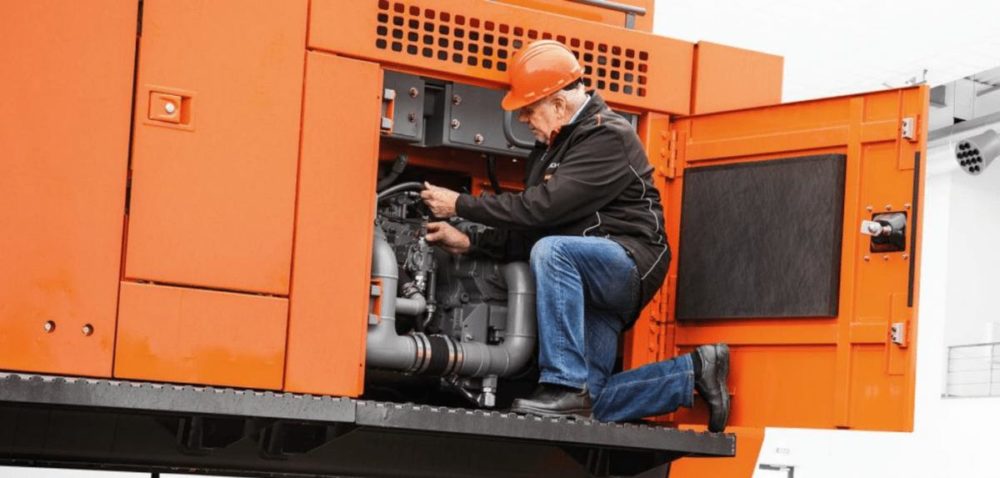![]() Added to Basket
Added to Basket
![]() Added to Basket
Added to Basket
Friday, August 25, 2023
Replacing equipment is an expensive inevitability of managing a construction fleet. However, there are steps you can take to ensure you get the most from your equipment. Keeping your equipment running smoothly requires commitment from the entire team to prioritise regular excavator inspections and maintenance, as well as comprehensive training and safety procedures.
Here are 5 ‘tools’ to keep in mind to help you keep your equipment in its best condition and with the longest possible lifespan.
It is of course necessary that all crew on a job site are sufficiently trained to operate the equipment and work safely within the environment. This also applies to the maintenance of equipment and ensuring that it continues to run smoothly and without issue. Having the correct training to instil good maintenance habits such as cleaning tools and attachments, conducting maintenance checks, regular greasing, maintaining high standards of housekeeping when handling fluids and oils and replacing parts when necessary, all contribute to a longer lifespan of equipment and a safe environment for the crew.
Construction sites are of course, naturally not the cleanest of environments; a lot of dust, dirt and moisture can be in the air, which can all affect the performance and lifespan of machinery. It is therefore important to regularly clean the equipment to keep it performing well.
Tip: air compressors are a great tool for cleaning away dust from small spaces. Be sure to focus on any areas of the equipment where there is regular motion.


Understanding the basic performance and needs of your equipment will allow you to recognise signs of wear and tear to the machinery and plan any necessary maintenance/repairs accordingly. Some signs of wear and tear to look for could be:
Remember: if something sounds or looks abnormal, it should be checked out.
You should consider the changing seasons for the maintenance of your equipment. There are several factors to consider when inspecting your equipment during the hot summer months, and equally the cold winter.
Just as you would for your car, checking coolant and oil levels during the summer is particularly important as the engines will naturally get hotter.
In hotter temperatures, the adhesive properties of grease can be reduced significantly. This can be tended to by using thicker grease on your equipment during the summer months. For heavy operations such as earthmoving and digging, grease can leak from the machinery. When this mixes with any dust or dirt in the environment, it can cause friction and increase the wear and tear on the equipment.
As the temperature increases, the temperature of the tyres on your equipment can also increase, which can cause them to weaken. This means that there is more risk of a tyre blowing out or being damaged. Be sure to include tyres in any daily equipment inspections to reduce risk.
Make sure to also include brake tests in your daily inspections of equipment. The loss of brake function can occur in more humid climates as the brake components become unable to absorb the additional heat.
As well as daily inspections of the equipment at the start of the day, introducing more vigorous maintenance routines into a monthly schedule is one of the best things you can do to ensure that your equipment is running smoothly. Taking time to conduct a longer inspection semi-regularly will ensure that nothing is missed from the checklist. This also allows for a stock-take of any necessary replacement parts.
When conducting scheduled maintenance of an excavator, you will need to inspect many of the elements mentioned above. Keep in mind that some suppliers will offer repair and refurbishment services under their extended warranty packages, including excavator servicing. This is advised if your equipment is working in severe conditions, or you want to minimise your repair costs.
Whilst there will be bespoke maintenance tasks for certain equipment, following these general tips will help to ensure that your equipment runs smoothly and safely. If you would like to find out more about warranties and servicing for your construction fleet in order to minimise your repair costs, get in touch with our team today.